The world will have to expand renewables capacity at a minimum rate of 16.4% per year through to 2030 to meet targets pledged at COP28, according to new statistics from IRENA.
IRENA’s latest report underscores a key risk: the world may fail to achieve its 11.2 TW target by 2030. The report reveals that renewables capacity grew by a record 14% in 2023. If this growth rate continues, IRENA said that the world could fall short by 1.5 TW, or 13.5%, of its target by 2030.
“Renewable energy has been increasingly outperforming fossil fuels, but it is not the time to be complacent. Renewables must grow at higher speed and scale,” said IRENA Director-General Francesco La Camera. “Today’s report is a wake-up call for the entire world.”
COP28 President Sultan Al Jaber said that reaching the target will require more collaboration between governments, the private sector, multilateral organizations, and civil society.
“Governments need to set explicit renewable energy targets, look at actions like accelerating permitting and expanding grid connections, and implement smart policies that push industries to step up and incentivise the private sector to invest,” Al Jaber said. “Above all, we must change the narrative that climate investment is a burden to it being an unprecedented opportunity for shared socio-economic development.”
In June, the International Energy Agency published a report on the COP28 tripling renewable capacity pledge, after finding only only 14 of 194 National Determined Contributions from countries worldwide explicitly lay out 2030 targets for renewables capacity.
This content is protected by copyright and may not be reused. If you want to cooperate with us and would like to reuse some of our content, please contact: editors@pv-magazine.com.
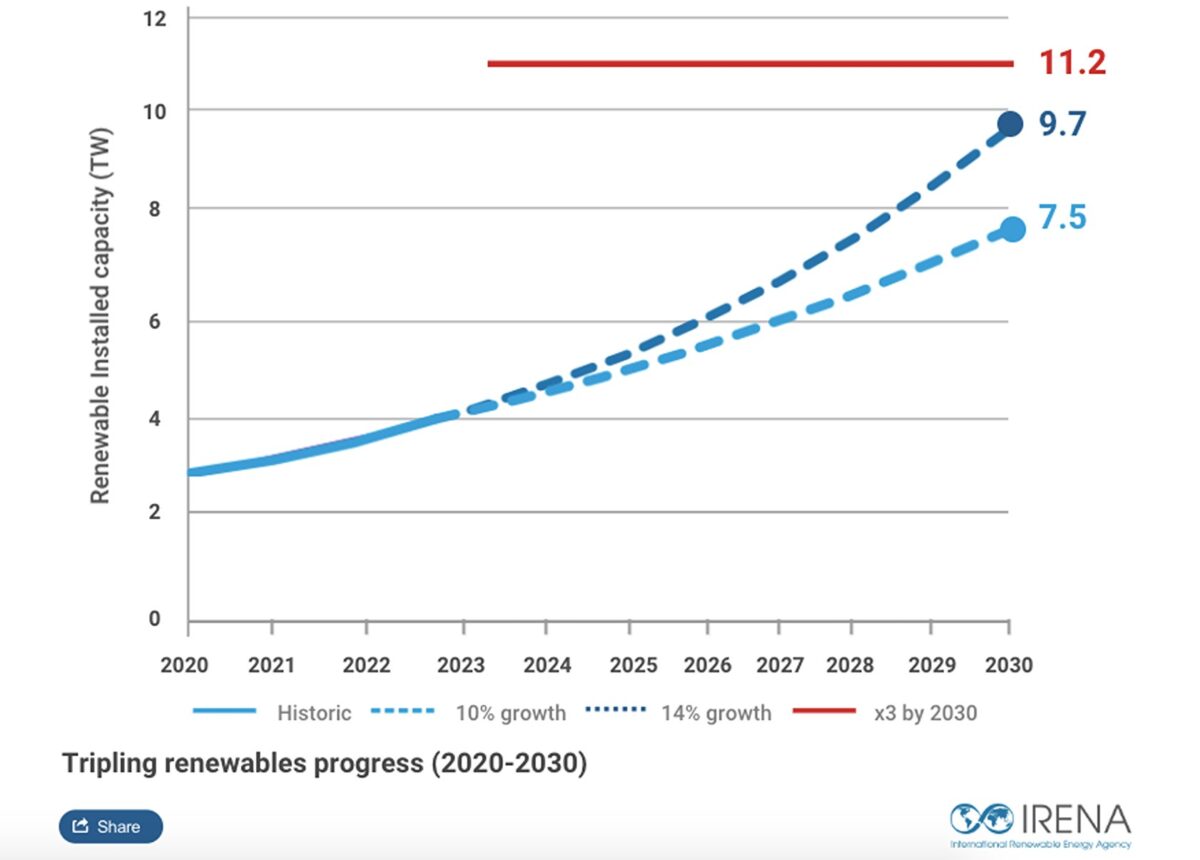
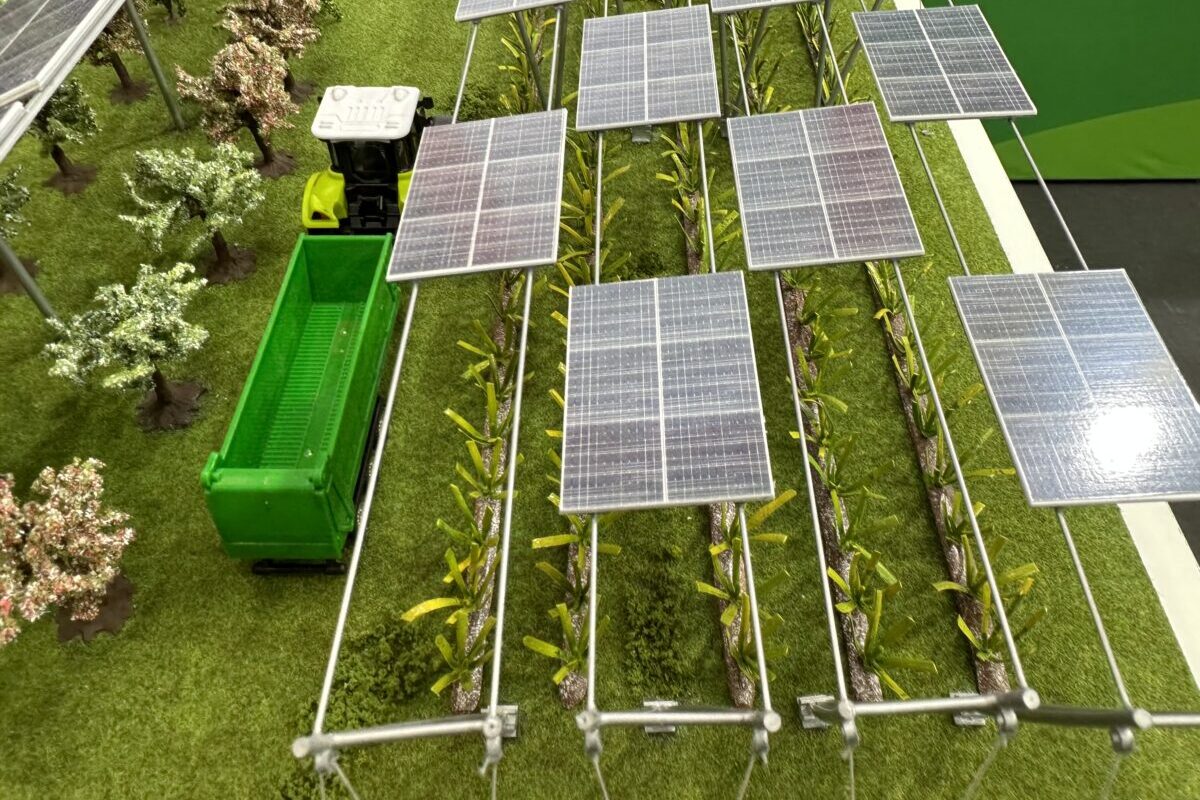

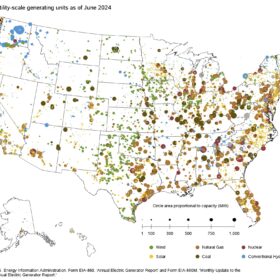
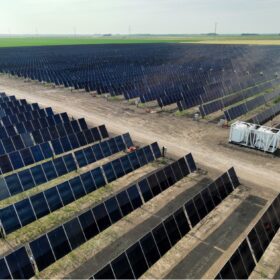
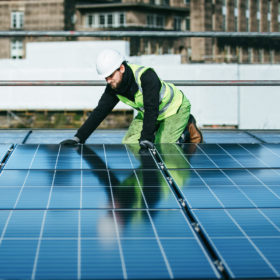

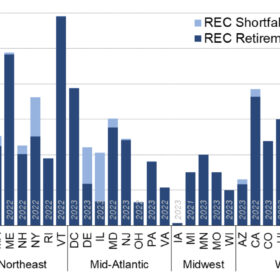
By submitting this form you agree to pv magazine using your data for the purposes of publishing your comment.
Your personal data will only be disclosed or otherwise transmitted to third parties for the purposes of spam filtering or if this is necessary for technical maintenance of the website. Any other transfer to third parties will not take place unless this is justified on the basis of applicable data protection regulations or if pv magazine is legally obliged to do so.
You may revoke this consent at any time with effect for the future, in which case your personal data will be deleted immediately. Otherwise, your data will be deleted if pv magazine has processed your request or the purpose of data storage is fulfilled.
Further information on data privacy can be found in our Data Protection Policy.